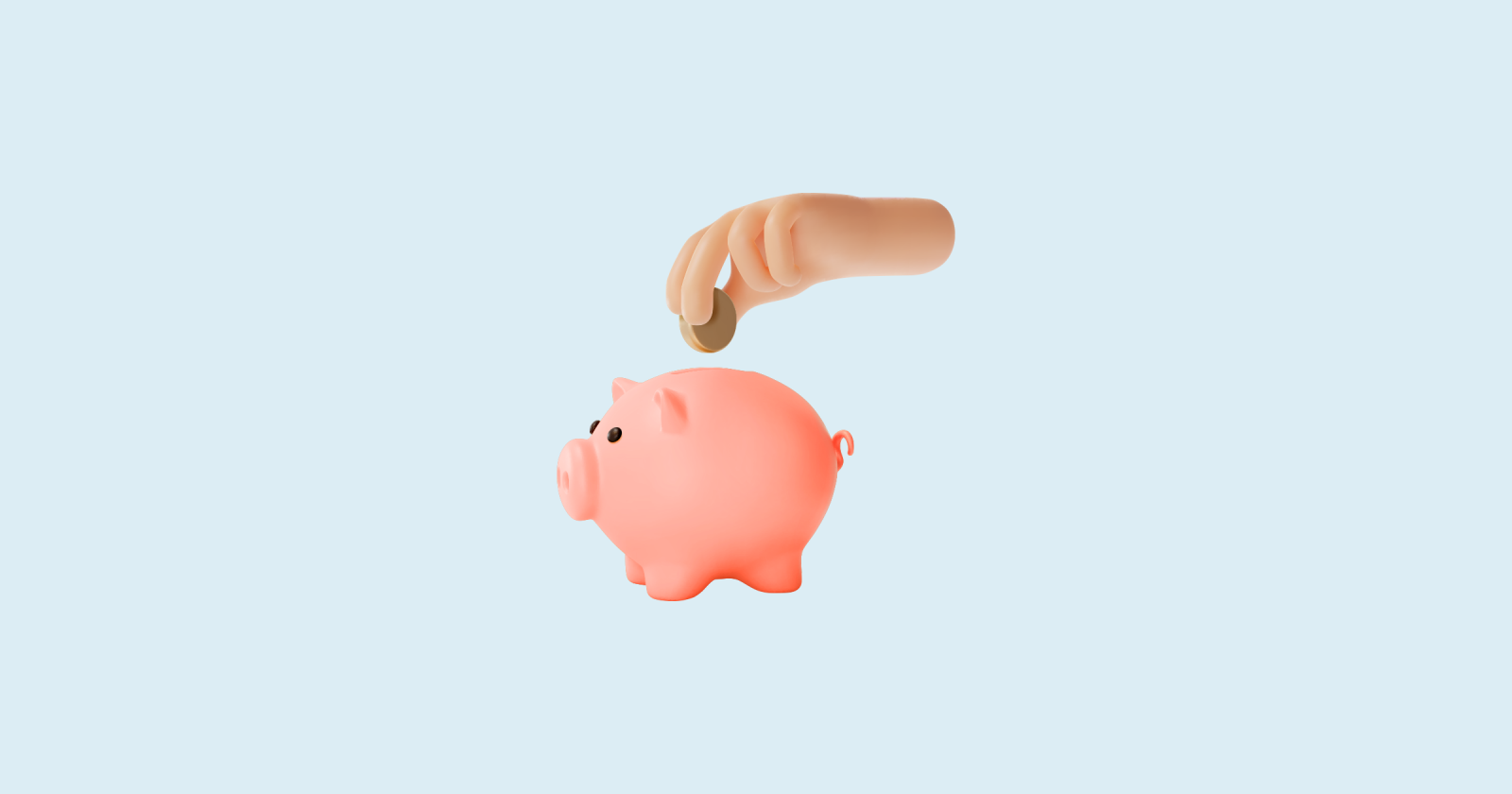Short-term investing can be a balancing act. You aim to grow your money by an acceptable amount, in a short span of time without exposing it to too much risk because you’ll need to withdraw soon.
You must choose your investments carefully to avoid losing money right when you need it. Here are the things to prepare and options to consider when investing for a short period.
Setting short-term investing goals
Short-term goals are the things you want to achieve in 3 years or sooner. In finance/ stock market trading, short term refers to a trade (buy and sell) with a horizon of just 3 years or less.
As you set your short-term goals, the following tips can come in handy:
1. Identify your goal
To set a well-defined goal, you should have a specific purpose and timeline in mind, such as putting a downpayment on a house in 3 years, starting a business in 2 years, or going on an extended vacation in 1 year.
With a clear goal, you can filter investment options by your time horizon and target rate of return. Your goal can also help you determine how much risk you can take.
2. Know your capacity for risk
Since you’ll be needing your money in a few years or in some cases even a few months, you may not want to risk losing a lot of it right when it’s time to withdraw/ liquidate/ redeem.
This could mean favoring “safer”, more conservative investments that tend to grow modestly at a stable pace instead of assets that may quickly and significantly go up and down in value.
Even if your risk profile allows you to invest in aggressive products, it may be ideal to minimize risks given your time horizon.
Investment options for short-term goals
Here are some options to consider when investing for a short period. These products may suit you if you’re looking for relative safety, modest growth, and the ability to take your money out in 3 years or less.
1. Savings accounts or time deposits
There’s a difference between saving and investing. However, there might be room in your portfolio for cash in savings accounts especially if liquidity is a priority.
There are savings accounts with comparatively high interest rates that allow you to access your money anytime with no fees or penalties.
Time deposits are an option if you’re fine with leaving your money untouched for a certain period. They can also keep you from spending money prematurely.
There are time deposits that mature in as early as 1 month. Keep in mind, however, that your potential earnings will likely be higher if you’ll choose longer maturity periods.
Find out if time deposits are worth your time and money in this article.
2. Short term or money market funds
Certain types of pooled funds include investments that can be easily turned into cash. These include short term funds and money market funds.
These investment funds typically put money in products that mature in a year or less. They may offer slightly higher returns than regular savings accounts or time deposits.
3. Bonds or bond funds
Bonds are debt instruments that allow you to lend money to governments or corporations in exchange for interest payments called coupons. There are bonds that mature in 3 years or earlier.
If you’ll buy bonds directly through a bank or an investment platform, the minimum investment amount is likely higher compared to time deposits or pooled funds.
Bond funds may offer a more cost-friendly alternative. Short term funds also tend to have bond holdings.
Remember that your choices are not limited to these ones. You can opt for other products, even the more aggressive ones, as long as you understand and can accept the risks while keeping your goal in mind.




